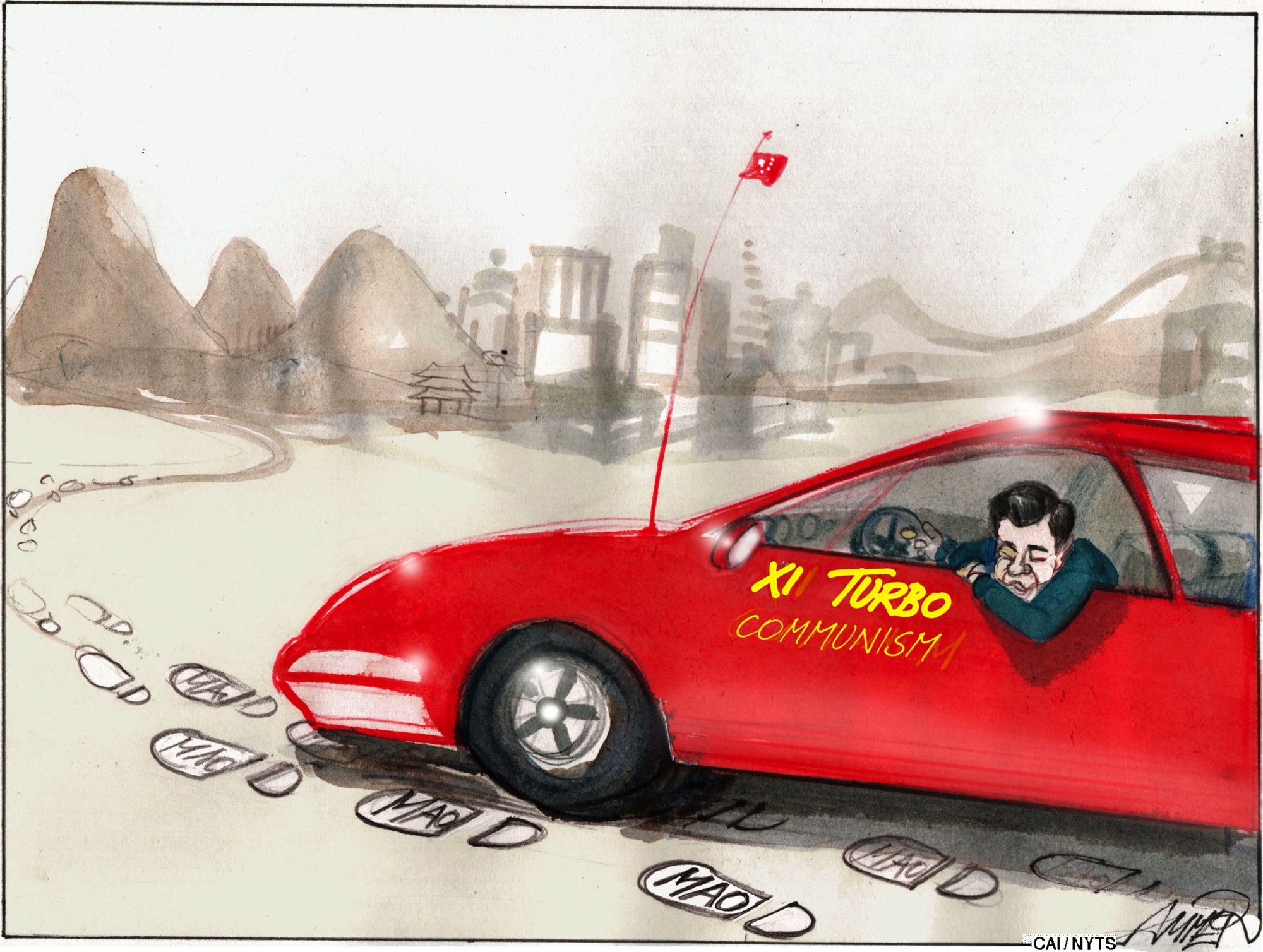China's rise over the last generation has been impressive, with the country moving from the periphery to the center of the global system, and climbing from impoverished backwater to a position of substantial wealth and power. But the strategic environment in which China's "lay low" approach to international affairs has helped to make it the world's second-largest economy is changing — and a broader backlash against China is beginning.
Under President Xi Jinping, Beijing has been pushing an increasingly aggressive and high-profile foreign policy, attracting the sort of attention that Xi's predecessors had carefully avoided. Now, countries that only a few years ago welcomed Chinese investment and engagement are beginning to mobilize against Chinese influence.
The global conditions that favored China's rise began at the end of the Cold War. With the fall of the Soviet Union, the West in general and the United States in particular were eager to bring additional countries into the world order they felt they had created. Throughout the 1990s, faith in the liberalizing power of commerce, and in Francis Fukuyama's thesis that the West's triumph over Soviet socialism heralded the "End of History," was at its height. As a consequence, concerns about China's autocratic model were largely shelved in Western capitals.



















With your current subscription plan you can comment on stories. However, before writing your first comment, please create a display name in the Profile section of your subscriber account page.